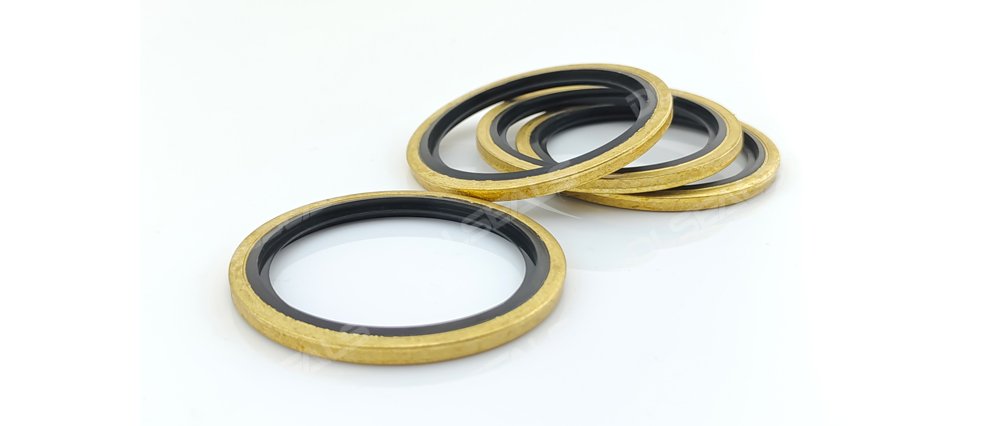When it comes to sealing solutions, rubber gaskets and metal seals are two popular options, each with its own set of advantages and applications. Understanding the differences between these two types of seals can help you make an informed decision about which one is best suited for your needs.
Rubber gaskets, typically made from materials like nitrile rubber, natural rubber, silicone rubber, or fluorocarbon rubber, offer excellent flexibility and resilience. They can conform to irregular surfaces, providing a reliable seal against fluids and contaminants. Rubber gaskets are commonly used in a wide range of applications, including automotive engines, plumbing systems, and machinery.
On the other hand, metal seals, such as those made from stainless steel, aluminum, or copper, offer superior durability and resistance to extreme temperatures and pressures. Metal seals are often used in high-performance applications where reliability is paramount, such as aerospace, oil and gas, and semiconductor manufacturing.
When it comes to performance, both rubber gaskets and metal seals have their strengths. Rubber gaskets excel in applications where flexibility and conformity are essential, providing a tight seal even on uneven surfaces. Metal seals, on the other hand, offer unmatched durability and longevity, making them ideal for demanding environments where temperature and pressure fluctuations are common.
In conclusion, the choice between rubber gaskets and metal seals ultimately depends on the specific requirements of your application. If flexibility and conformability are key factors, rubber gaskets may be the better option. However, if durability and resistance to extreme conditions are critical, metal seals may offer superior performance. By carefully evaluating your needs and considering the advantages of each type of seal, you can select the solution that best meets your requirements.
Post time: May-29-2024

